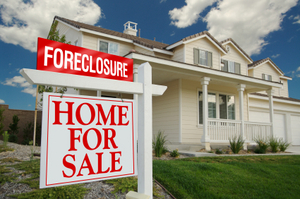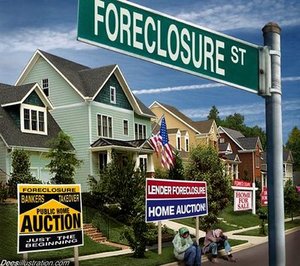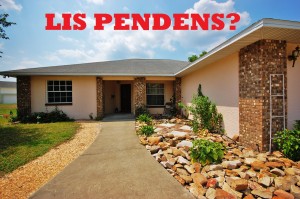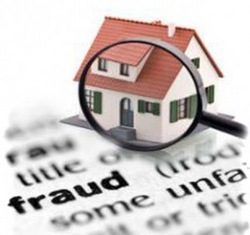 According to a recently released report from RealtyTrac, six Florida cities make the list for 20 best places to buy foreclosures in 2013. The real estate data focused on four elements to determine which cities present the best opportunities to purchase foreclosures. The four factors include the supply of foreclosures on the market, the percentage of all sales that foreclosures represented, the average percentage discount on the foreclosed property, and the change in percent of foreclosure activity from 2011 to 2012.
According to a recently released report from RealtyTrac, six Florida cities make the list for 20 best places to buy foreclosures in 2013. The real estate data focused on four elements to determine which cities present the best opportunities to purchase foreclosures. The four factors include the supply of foreclosures on the market, the percentage of all sales that foreclosures represented, the average percentage discount on the foreclosed property, and the change in percent of foreclosure activity from 2011 to 2012.
Palm Bay-Melbourne-Titusville tops the list of 20 metro areas at number 1, with Lakeland at number 5, Tampa number 6, Jacksonville number 7, Orlando number 9, and Miami rounding out the Florida cities at number 12.
In Miami, the firm determined the city had a 29-month foreclosure supply and that foreclosures accounted for 28.7 percent of total sales in 2012. According to the firm buyers could expect an average discounted sale price of 31 percent on foreclosed property last year.
And with Miami topping the nation in foreclosure activity in 2012 the state is hoping the market will hasten its healing. But amid the flood of foreclosure properties saturating the market it might be difficult.
However, local real estate brokers know that the statistics don’t show the true nature of the market. The inventory for foreclosures is actually relatively low despite the staggering statistics reported. And the competition is intense for these properties. With most properties seeing multiple offers, bidding wars between real estate investors, hungry for more inventory, are becoming commonplace. The truths of the matter Being in a foreclosure is a stressful situation. But there are alternatives available to help address the foreclosure.
There are many alternatives to foreclosure, and often times it just takes proper planning to properly navigate against the potential pitfalls. Help is often available to those who seek it. Contact us today, if you’re interested in buying a foreclosed property, make sure you’ve got a game plan because the competition is rough out there.









